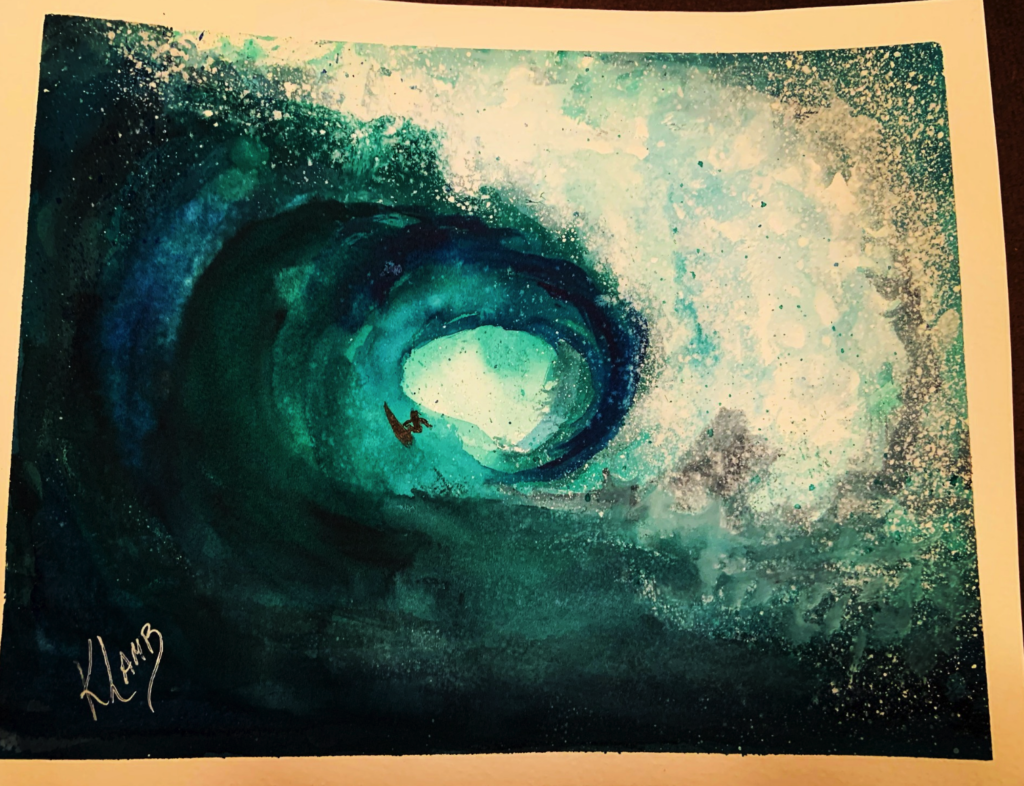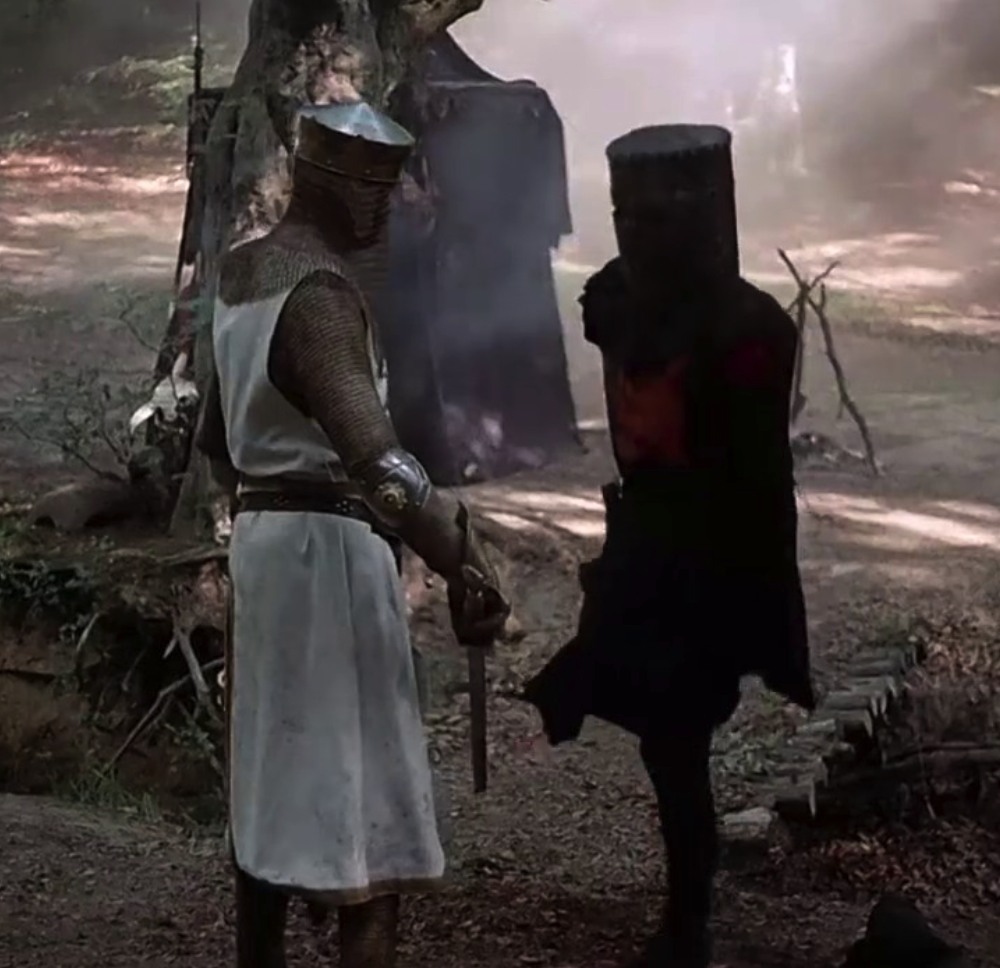
Formula, formula, formula. Today, we’re going to continue on from last week’s post, Writing Rules: How & Why We Play ‘Follow the Reader’ and keep parsing Commenter Sonja’s excellent question.
For those who have slept since then…
I get the feeling as a new author that we’re being encouraged to adhere to certain structural norms. Like the advice to keep adverbs to a minimum, cut out extraneous such and such, start off punchy, stick with your genre expectations. Is storytelling becoming more of a product than an art form? …But what is mastery? Is it something different from art?
COMMENTER SONJATYSON02
Since Sonja poses some excellent questions—and more than one—I have broken them apart.
Is storytelling becoming more of a product than an art form?
Short answer? Depends. We’ll start at the most common ‘complaint.’ If we follow structure, rules and genre, some worry it will be too formulaic. Thus, not art.
Or is it?
Formula is critical for everything, even writing. Thus, when someone asks, is storytelling becoming more of a product than an art form, the answer isn’t as straightforward as one might think.
There are fundamental rules we must learn in all forms of art. Once we learn the rules, we can break the rules. While art is subjective, there are elements deeply ingrained that we can push a bit, but all we are really doing is riffing off the extant rules.

Art Has Rules & a Formula
In today’s post, you’ll see a lot of watercolor paintings. Namely because a) they took away Show & Tell after Kindergarten and I never got over the hurt and b) we can learn about one medium by studying others.
I’ve never had an art class in my life until last May when I hit a wall of serious burnout and took up painting watercolors. Which, from what I understand, is one of the most difficult mediums.
It is utterly unforgiving and paper if about $2 a sheet.
Why do I bring up watercolor?
Because a lot of the rules in art apply to other forms of creative pursuits like writing. In painting class, we have a rule, “Life, Light and Line.” This is where the eye will instantly go when looking at an image…and in that order.
It is why, even if one paints the most off-the-wall abstract art, there is still a balance to it even if it is subtle and undetectable to anyone save experts. A regular person just knows they like it, not precisely why.
***The same happens in books. For instance, readers might not know what POV even is (last week), but they WILL sense we messed it up because they get so confused they give up.
Anyway, here is one of my first paintings I did in class. I’d been painting about a month (so four lessons). The painting was…unsalvageable. I was learning to do clouds and over worked it and AHHHH. Where does your eye go? Not to the boat? It goes to these funky I-have-no-idea-what-I-was-thinking clouds.

But, I was NEW. Give yourselves permission to be new, btw. Now, let’s contrast this with almost the same version of the painting after I learned the rules.
There are still LINES in this (below), but I used them in my favor. Instead of gross distractions, the lines are now subtle shadows the fence is casting across the sand. They provide information what time of day this is, where the sun might be, the angle of light….and all of that is subconscious.
Most importantly, they don’t completely take over the painting where you see little else.

Yes, practice was key with becoming a better painter, but once I learned the essential rules of composition, if a painting went sideways? I knew precisely HOW to fix it.
Fixing Using Formula
Formula is fantastic if we run into a problem.
When I have a painting that is being difficult, I stop and ask questions.
Do I have even numbers (in art, odd numbers are more aesthetically balanced)? Too much repetition? Repetition is a bore, so do I have enough variegation? Did I inadvertently bisect my painting, which immediately draws the eye to a line across the center?
This (below) is a recent painting I did that had me CRYING halfway through. I took a breath and asked what ‘rule’ I was forgetting. Once I figured out where I’d gone sideways (everything was too centered), I was able to finish and love the way it turned out.
But this painting was 30 seconds from being in the trash. Rules and formula saved it.

The same goes for writing. We might begin with a fantastic idea, start writing and then it goes off the rails. Maybe we write ourselves into a corner, have no idea why the beginning isn’t hooking. Why are beta readers getting confused?
That is when we look to the formula.
Formula is Life

Again, everything has a formula. Humans come in infinitely varied combinations, but we all have one head, two eyes, one nose, one mouth, one trunk, two arms, two legs…y’all get the gist. ANYTHING that varies from this structure (formula) needs a reason. Genetic issues, disease, accident, alien life form.
Same with structure. All stories have a beginning, middle and end. PERIOD. If one chooses non-linear structure, then it needs to be for a reason other than being clever or it will confuse/tick off the audience.
Three Act Aristotelian Structure is the oldest and the simplest which is why it’s what most readers prefer. Non-linear structure is a totally legitimate choice, but, like the triple-axel…
We BETTER nail it or it’s gonna HURT.

It is VERY easy to lose the audience if we use anything other than simple three-act structure. But, there are people like me WHO LOVE nonlinear structure when it is done well.
Here’s the rub, though.
If we don’t understand linear three-act structure, we won’t have non-linear structure. We’ll have a confusing mess readers want to toss across a room.
Again, everything, to a degree has a formula. We can be SUPER creative with tacos. Fish tacos, vegan tacos, soft tacos with prickly-pear infused chicken and a mango chutney…and we all recognize these as tacos.
But, get too weird?
Fried quail legs basted with duck sauce and folded in arugula leaves? Not tacos.
We are not sticking to ‘genre’ expectations. Anyone who wants tacos is going to be very confused with all the pasta.
Formulas and Genre

Genres have a formula and they create boundaries and constraints, yes. But only to a degree. Genres, in my POV, are a writer’s BEST FRIEND. When we know genre we a) know who we are writing for b) what their fundamental expectations will be (think about TACOS) c) and then we can have fun from there.
If you are trying so sell me a mystery, but no crime is committed in the beginning (fundamental to a mystery) then all this does is confuse those who want to read a mystery.
Science fiction has rules. Granted, there are many variations of science fiction from hard science fiction to cyberpunk to alternate history, dystopian, steampunk, time travel, on and on. But what are readers who LOVE science fiction expecting?

Depends on the sub-genre. General light science fiction involves tech, aliens, other dimensions, etc. No one expects the writer to explain how it all works. Contrast that with hard science fiction (The Martian) and that is a COMPLETELY different audience who WILL crucify us for getting the science (even theory) wrong.
Readers will also expect spaceships to follow maritime laws/structure (even if a unique variation). A Klingon war vessel still has a captain.
If I am writing a category romance, I know a) word count b) structure c) there better be a ‘happily-ever-after’ or the more modern ‘happily-for now’ or it AIN’T a romance.
But I can have a romantic science fiction. Romantic thriller. I can have time travel thrillers. What makes a thriller? Super bad thing happens at beginning and it is a race against time to stop BIGGER bad thing. Whether I do this in space or on the mean streets of LA doesn’t matter.
Genre tells me the boundaries of what is and isn’t “a taco.”
Formula vs. Formulaic

In my opinion, everything has a formula. The difference between formula and formulaic is in execution. Are we being predictable? Is the reader bored because they can guess the ending? Do we have too many cliches?
This said, I should be able to read a book and categorize it somewhere. Personally? I hate ‘general fiction’ a.k.a. ‘literary fiction.’ Yes, it is great for those who want to win awards and drink tea with their pinkies extended.
Me? I have a hard time finding anything I like in ‘general fiction’, which is why I shop according to my favorite genres (and so do most readers).
And no shade on ‘general fiction’ but would a restaurant that claimed they sold FOOD excite you? Okay, what kind of food? FANCY. Yes, but what kind? EXPENSIVE. Do you have tacos? No, FOOD.
*Passes “Food Restaurant” for the taco place, and why am I hungry?*
All ‘kidding aside’ literary fiction has its own unique structure. It still must adhere to all the rules, the only difference is the plot arc is subordinate to the character arc.
For instance, in Cormac McCarthy’s The Road, Man and Boy must make it to the ocean (goal). What isn’t important is if they make it. What’s most important is HOW they make it.
If they resort to snacking on fellow humans, then they fail since the whole literary existential point is “What makes us human? Why are we different than the animals?”
Formula & Let’s Get Jiggy with Genre

Once we understand structure rules, we can play around and bend and break rules…to a degree. Even if the story is non-linear, there will STILL be a beginning, middle and end.
I know some might be afraid genre will make everything too predictable, but that simply isn’t the case. In fact, some of the most fabulous books I’ve read in recent years are finding creative ways to blend genres, such as ‘Gaslamp Fantasy.’ Right now I am fast-drafting a dystopian cyberpunk (humor). Think Idiocracy.
Ultimately, if we ask the question, “Is storytelling becoming more of a commodity than an art form?” The answer is…it depends. What do YOU like to write/read?
Because the future of fiction (for those who want to make a living doing this) is going to favor those who can write well and write quickly. Most of the market is returning to the days of ‘pulp fiction.’
The ‘write a book a year’ author is going extinct.
Thus, what are your goals? And there is no reason an author cannot be prolific and still insanely talented and creative. My dear friend Vincent Zandri is a NYTBSA, USA Today BSA, and I long ago lost count of how many books he’s written.
Does Vincent produce a commodity? Sure. Anyone who wants to be PAID to do this has to create something others want to BUY. Is it art? Depends on who you ask?
Ultimately, we need to ask what YOUR readers want…then serve it to them.
What Are Your Thoughts on ‘Formulas’?
Do you feel a little better about formulas? Understand the difference between formula and formulaic? Can you see how formulas help you connect with potential readers? How genres can unlock even MORE creativity?
Love hearing your thoughts, ideas and questions!
I LOVE HEARING FROM YOU!
I’ll pick a winner once a month and it will be a critique of the first 20 pages of your novel, or your query letter, or your synopsis (5 pages or less).
CLASSES!
***All classes come with a FREE recording
Writing RULES! NOW ON DEMAND!
ON DEMAND: Bring on the Binge: How to Plot a Series
SIGN UP HERE. Use New10 for $10 off
ON DEMAND: The Art of Character: Writing Characters for a SERIES
SIGN UP HERE Use New15 for $15 off
Classes
Spilling the Tea: Blogging for Authors
Thursday, July 14th, 7:00-10:00 P.M. NYC Time. 2022 SIGN UP HERE and Use New25 for $25 off
The Dark Arts: Building Your Villain
TUESDAY, July 19th, 2022, For more information, sign up HERE and use New20 for $20 off
World Building 101: Playing ‘Author GOD’
THURSDAY, JULY 28th 7:00 PM E.S.T. to 10:00 P.M. EST HERE
Use New15 for $15 off
Workshop
Practice Your Pitch: Master the Log-Line WORKSHOP
Thursday, August 4th, 7:00-9:00 P.M. NYC Time. This is a TWO-HOUR INTERACTIVE WORKSHOP!
For more information, SIGN UP HERE.
The post Formula: Writing to Formula vs. Being Formulaic appeared first on Kristen Lamb.